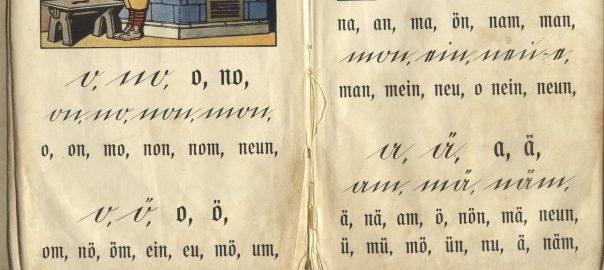Implementing DNSSEC for a couple of years now while playing with many different DNS options such as TTL values, I came around an error message from DNSViz pointing to possible problems when the TTL of a signed resource record is longer than the lifetime of the DNSSEC signature itself. Since I was not fully aware of this (and because I did not run into a real error over the last years) I wanted to test it more precisely.



